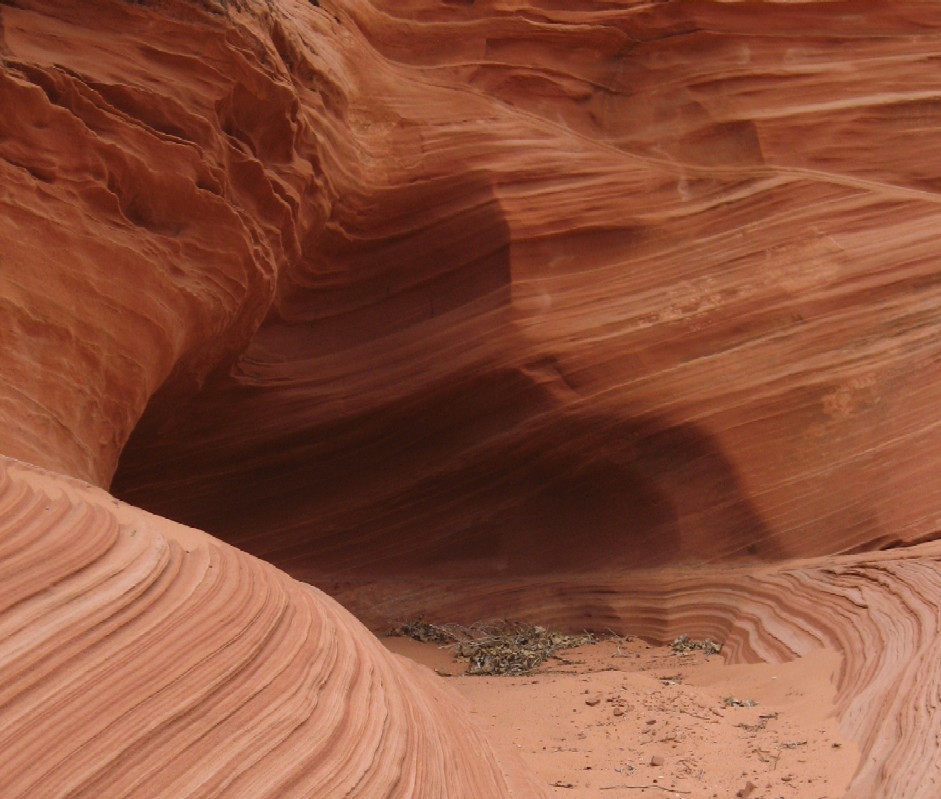No nation on Earth has any special claim on moral superiority about the treatment of indigenous people. The United Nations celebrated International Day of World's Indigenous People on August 9th. Secretary General Ban Ki-moon acknowledged the past dearth of interest and action from nations on our indigenous peoples.
Secretary-General Ban Ki-moon, in his message to mark the Day, said: “Recently, the international community has grown increasingly aware of the need to support indigenous people -- by establishing and promoting international standards; vigilantly upholding respect for their human rights; integrating the international development agenda, including the Millennium Development Goals, in policies, programmes and country-level projects; and reinforcing indigenous peoples’ special stewardship on issues related to the environment and climate change.” (emphasis mine)Nations are force-marching their indigenous people away from their land, way of life and ancestral homes in order to exploit the environment and its abundance of natural resources. Often not educated and profoundly poor, many are dumped like garbage in the midst of overcrowded cities without money, shelter or any lasting resource skills to transition themselves into urban dwellers. Who would be so crass as to do this:
- Up to 2,000,000 Chinese were forcibly relocated to make way for the underperforming Three Gorges Dam.
- Black Mesa Native Indians are fighting in Arizona to keep a mining corporation from depleting and polluting their water resources and natural surroundings.
- Litigation in Malaysia continues in the UK after the devastating relocation of the Iban for a hydro-electric project.
- Indigenous Ibaloi of the Philippines were wards of the state after initiation of the Philippine Dam.
- Relocation of the Basarwa from the Central Kalahari Game Reserve (CKGR) in Botswana.
Vietnam has a $3.5 billion contract with a US corporation to build the Son La Dam. The issues from other botched relocations provide lessons that few heed. Vietnam has a land squeeze as arable land is at a premium and the population continues to grow which escalates the need for people sitting in the path of progress be moved to generate electricity.
Indeed, the current practices of how we treat each other when the quality of life is at stake is embedded in history. We are living in its modern iteration.
In 1838, the People of the Cherokee Nation were stripped of their rights, but not their dignity, by the state of Georgia and the USA federally supported the forced walk to Oklahoma. At the time, this latest atrocious American genocide became known as the Trail of Tears. Sadly, the Trail of Tears is a global thoroughfare running through first world and third world nations alike.
Gloria Jahoda is a worthy scribe of the seminal book The Trail of Tears: The Story of the American Indian Removal 1813-1855, about the forced uprooting of the Cherokee Nation from Georgia to Oklahoma. ParadigmWars: Indigenous Peoples' Resistance to Globalization is a non-fiction 2nd edition offering from Sierra Book Clubs. History of the Indigenous People of Africa is a collection of detailed and thoughtful books on culture and colonialism.







1 comment:
The key to improving the cause of human rights on the planet is to improve the United Nations. The UN currently seats dictatorships side by side with legitimate democracies. We should have no expectation that the situation would improve in this scenario. We need a democratic UN, something like this:
www.UnitedDemocraticNations.org
Democracy is the key to human rights.
gary
Post a Comment